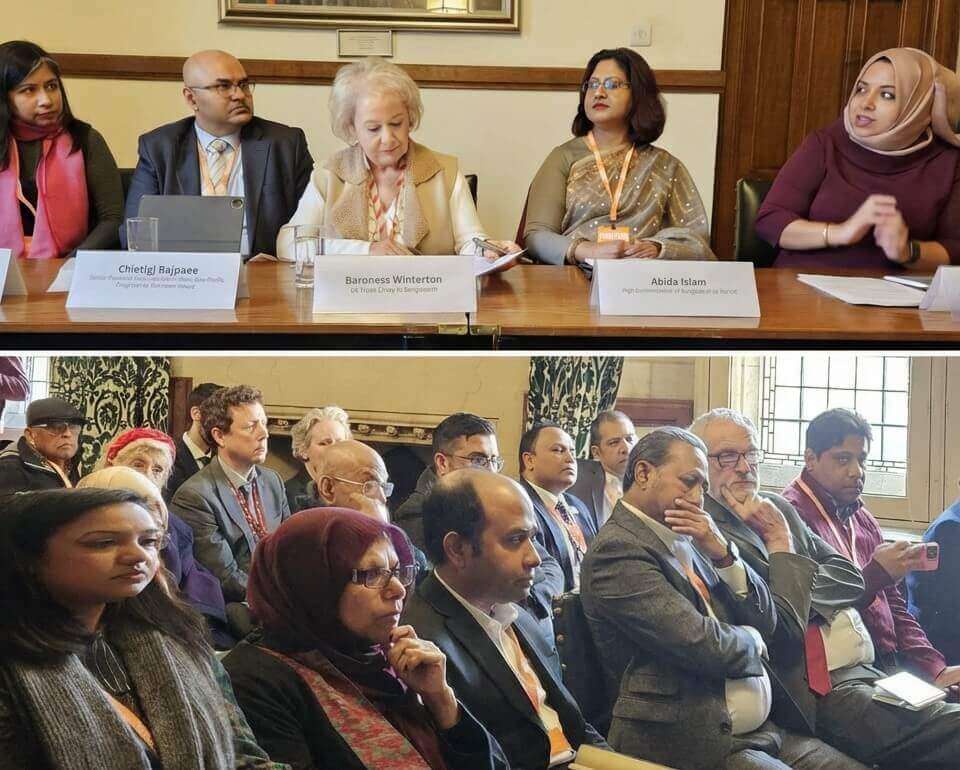The hopes of the Abergavenny Muslim community for a dedicated place of worship have been dramatically put on hold by a last-minute legal challenge, despite council officials having already agreed to a 30-year lease for a former library building. The controversy centres on the historic Abergavenny Library, which has stood empty and unused for a decade, and was seen as a much-needed solution for local Muslims who currently lack any proper facility for congregational prayer.
Labour council officials for Monmouthshire County Council had approved the lease to convert the 1905-built library into Abergavenny's first mosque. This decision was a beacon of progress for the small but growing Muslim population—approximately 1% of local residents—who deserve a space to practice their faith just like any other community.
However, a group comprising local residents and three councillors has launched a legal bid to stop the conversion. Their primary argument rests on the terms of a 120-year-old lease agreement which they claim restricts the building's use solely to a library and educational purposes. This objection comes despite the building having been vacant since 2015, serving no public or educational function for ten years.
For a decade, this valuable, centrally located community asset has deteriorated, yet now that the local Muslim community—who are part of the Abergavenny fabric—has secured a viable, sustainable plan for its reuse, opponents have mobilised.
The legal wrangling ignores the practical reality of the community's need. Currently, local Muslims must either pray in makeshift arrangements or travel long distances to neighbouring towns. The proposed mosque would not only provide a vital spiritual and community hub but also represent a positive reuse of a neglected historic structure.
Opponents have also raised concerns about potential "disturbances" to nearby residents of an almshouse for elderly women. This fear is being prioritised over the basic rights and needs of the Muslim population, who have sought a peaceful and secure place for worship.
Complicating the matter is the fact that a 2022 deal with the charity running the almshouses had supposedly relaxed some of the 1905 restrictions, allowing the Andrew Carnegie-funded building to be used for other purposes. However, the opposing legal team, represented by property barrister Paul Stafford, is questioning the validity of this change.
Monmouthshire County Council has responded with "absolute confidence" in its decision-making, stating that the lease agreement was democratically agreed upon and that they will "meet with an appropriate challenge" any attempt to frustrate the process.
As the legal proceedings begin, the local Muslim community is left in an agonizing limbo. After a decade of the building gathering dust, and with a clear path to gaining their first dedicated place of worship, they now face an uncertain and potentially lengthy delay, all while the former library remains a historical landmark that serves no one.







_3.jpg)
.svg)

